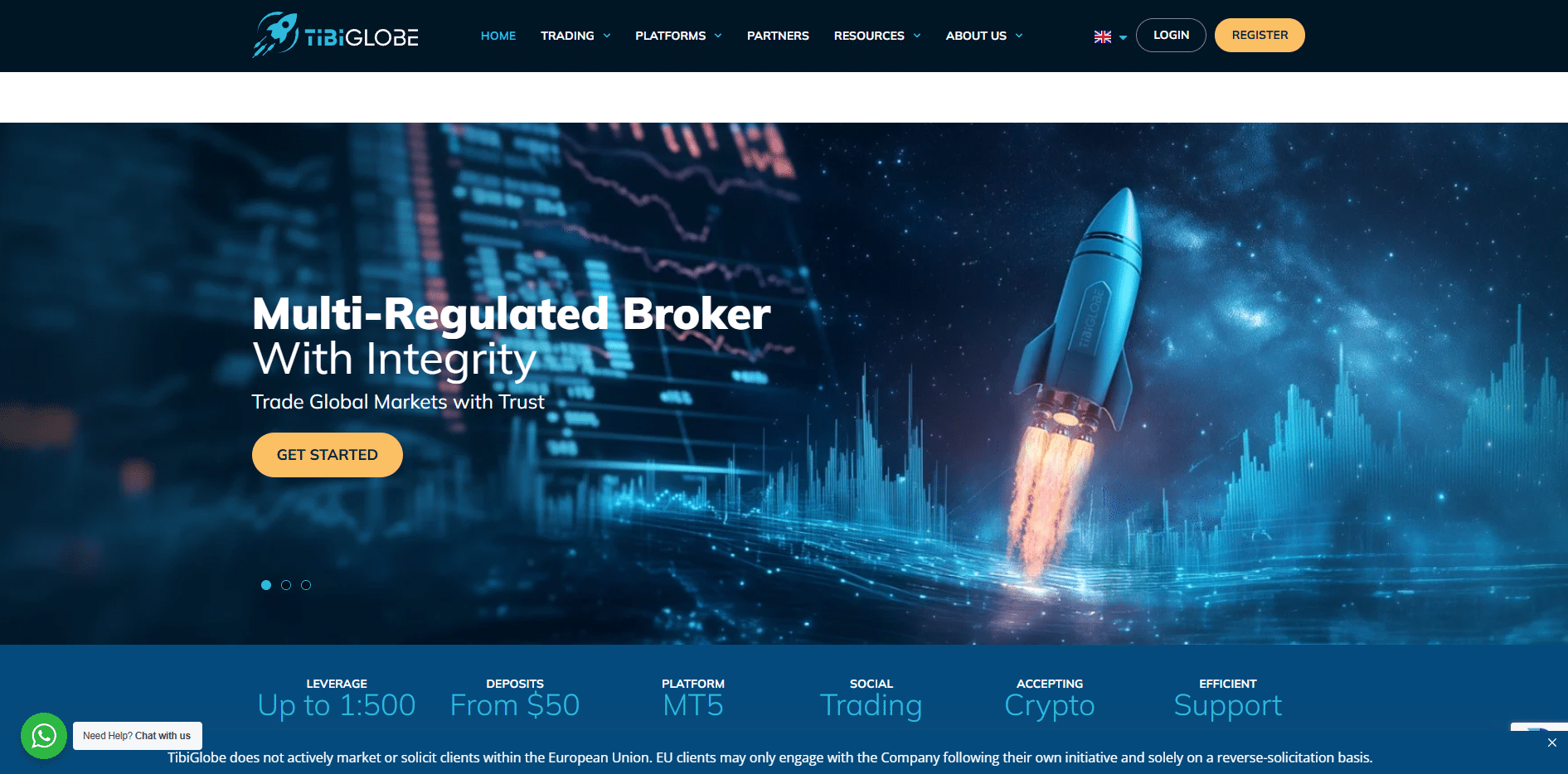Profile
This LMAX Exchange review examines one of the leading institutional FX and crypto execution venues globally. Known for its central limit order book model and multilateral trading infrastructure, LMAX Exchange caters to professional and institutional clients with ultra-low latency, regulated access, and deep liquidity across spot FX and digital assets.
Regulation and Safety
LMAX Exchange is authorised and regulated in multiple jurisdictions:
- FCA (UK): FRN 509778
- CySEC (EU): License No. 310/16 (LMAX Global)
- FMA (New Zealand): Derivatives Issuer Licence
- BaFin (Germany): Cross-border registration via MiFID passport
Client funds are segregated and safeguarded under local regulatory requirements. LMAX does not provide retail protection schemes such as FSCS unless applicable via local licensing (e.g., UK entity).
Execution Model and Trading Platforms
LMAX operates a central limit order book (CLOB) for FX and crypto, offering no last look, anonymous matching, and full price/time priority. Supported platforms include:
- LMAX Web and Mobile Terminals
- FIX 4.4 API with ultra-low latency (sub-100μs)
- MT4/MT5 bridge connectivity for institutional brokers
All trades are STP with no dealing desk or conflict of interest. LMAX also supports direct connectivity via Equinix LD4, NY4, and TY3 data centres.
Markets and Instruments
LMAX offers spot trading in institutional-grade instruments:
- Forex: 100+ currency pairs including all major and minor FX crosses
- Metals: XAU/USD, XAG/USD, XPT/USD, and more
- Crypto: BTC/USD, ETH/USD, LTC/USD (via LMAX Digital)
- No CFDs, indices, stocks, or leverage for retail
LMAX Digital is separately regulated and designed specifically for institutional crypto execution.
Accounts, Spreads and Leverage
LMAX does not serve retail traders. Account requirements and trading conditions include:
- Minimum deposit: $10,000+ (varies by venue)
- Spreads: Raw, from 0.0 pips on majors
- Commission: Negotiated per million USD traded
- Leverage: Up to 1:100 (jurisdiction dependent)
Stop-out levels and risk parameters are institutionally managed per agreement.
Funding and Base Currencies
Supported funding methods include:
- Bank wire (USD, EUR, GBP, AUD, JPY, SGD, CHF)
- Crypto deposit via LMAX Digital (institutional only)
All deposits are processed via segregated client trust accounts. No cards or e-wallets are accepted.
Client Protections and Features
- Regulated in UK, EU, NZ, and offshore
- Segregated funds under FCA/CySEC rules
- Biometric login and 2FA on client portals
- Tier-1 bank custodianship
- Real-time audit trail and post-trade transparency
Institutional and Retail Offering
LMAX Exchange is an institution-only venue. No direct retail accounts are supported:
- Direct Market Access (DMA) via FIX API
- White-label and broker bridges available
- Prime broker access for large clients
- No trading education or tools for retail traders
Pros and Cons
Pros
- Globally regulated institutional venue
- True no-last-look central limit order book
- High-speed FIX API and colocation options
- Transparent and anonymous execution
- Support for spot FX and institutional crypto
Cons
- No access for retail traders
- High minimum deposits and volume thresholds
- No CFDs, indices, or leveraged derivatives
- Limited educational or UI support
- Not suitable for beginner or low-frequency traders
Frequently Asked Questions
Is LMAX Exchange regulated?
Yes, LMAX Exchange is regulated by the FCA in the UK, CySEC in the EU, and the FMA in New Zealand, with full MiFID II compliance.
Can retail traders open an account with LMAX?
No, LMAX Exchange is an institutional-only venue. Retail clients must go through an authorised broker or prime-of-prime provider.
What instruments are available on LMAX?
LMAX offers spot FX, precious metals, and institutional crypto pairs via LMAX Digital. No indices, shares, or CFDs are available.
Does LMAX offer leverage?
Yes, leverage up to 1:100 is available for qualified institutional clients depending on regulatory jurisdiction.
Is there a FIX API connection?
Yes, LMAX offers a high-speed FIX 4.4 API with colocation at LD4, NY4, and TY3 for latency-sensitive institutional clients.


